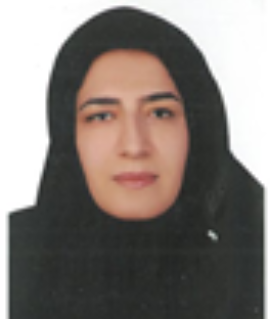Title : Effects of viola tricolor flower hydroethanolic extract on lung inflammation in a mouse model of chronic asthma
Abstract:
Asthma is a chronic inflammatory disease of the lungs driven by T cell activation. Viola tricolor L. as a traditional medical herb could suppress activated T lymphocytes and has been used empirically for asthma remedy. In the present study, we investigated the anti-inflammatory effect of Viola tricolor and its underlying mechanism on asthma characteristics induced by ovalbumin (OVA) in mice. BALB/c mice were randomly divided into six groups: normal control, Ovalbumin (OVA) control, OVA mice treated with Viola tricolor (50, 100 and 200 mg/kg) and dexamethasone (3mg/kg). All mice except normal controls were sensitized and challenged with OVA. Asthmatic mice were treated orally in the last 7 days of OVA challenge. The total and differential leukocyte counts, Interleukin (IL)-4 and interferon (IFN)-γ levels in bronchoalveolar lavage fluid (BALF) were determined. H&E staining for lung inflammation was performed. Viola tricolor treatment at 200 mg/kg significantly decreased IL-4 level but did not considerably affect the IFN-γ level. Therefore, it effectively reduced asthma characteristics including infiltration of leukocytes particularly eosinophil and peribronchial inflammation as compared to dexamethasone. However, Viola tricolor at 100 mg/kg had the most prominent inhibitory effect on the IL-4 level and also markedly increased IFN-γ level. As result, it prevented further reduction of inflammatory parameters in this group compared to the Viola tricolor-treated group at 200 mg/kg. Our study demonstrated that Viola tricolor has anti-inflammatory effects via inhibition of Thelper type 2 (Th2) cytokine production and validated its empirical usage in traditional medicine.


